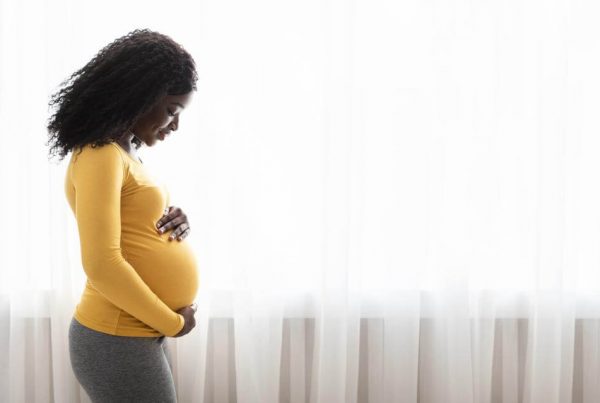
Africa remains at the intersection of a double-edged health crisis occasioned by a depleting healthcare workforce and weak healthcare systems.
This context explains why the indicators for health development in the continent have not improved. About one in six African children die before their fifth birthday, with half of these dying from diseases preventable by vaccines while one woman dies every two minutes from complications of pregnancy and delivery. From all such horror stories and current evidence still mounting, it would appear that very few countries in the continent will achieve the Sustainable development goals within even the extended period protracted for Africa.
Year on year of continuous underinvestment, interventions by global partnerships that focus narrowly on single diseases, and sporadic financing by both national governments and their partners have left African health systems as frail as ever as COVID-19 threatens even more to deepen the scourge. Interventions in healthcare infrastructure and health policy will be just as important as efforts to move forward Africa’s social and economic development agenda.
Throughout the developing world, most health systems are characterized by mixed public and private financed delivery of care. Greater quality and access to the spectrum of Health care needed calls for deeper thinking on the role of the private sector in impacting health systems and on broader systems perspective of how public and private sectors can work together to address the challenges of affordability, quality, and availability of healthcare.
Thankfully, there appears to be budding evidence that the public-private sectors partnership has been adopted in Africa considering how governments across the continent are working with businesses to close the gaps in funding for infrastructure. However, while there have been calls for stakeholders to invest in efforts to produce the right multidisciplinary workforce to improve the performance of health systems and meet regional and global targets for health, the reality is that Africa does not simply need more health workers; investments must also help to increase the motivation, retention, and accessibility of the workforce to make a real difference.
Regional cooperation is crucial to solving the human resources crisis. This could include support for “brain sharing” between the nations in the region that produce health workers, such as South Africa and Nigeria; negotiation of expansion in fiscal space (the flexibility of financial management often restricted by conditions of loans and grants) in national budgets; and technical cooperation in medical education and training.

Furthermore, there must be real actions to expand access to medicines, health commodities, and services. This expansion should strongly consider franchising of health services, outsourcing, and cooperative arrangements for pooled procurement and distribution of medicines and other commodities.
Such models may be useful, but to sustain any initial gains and reverse the continent’s poor record on health and development, African institutions will need global support to track achievements, document success stories, replicate success stories, produce and manage knowledge, share vision and experiences as well as leverage lessons learnt. Africa’s political and business leaders must go beyond the traditional strategy of counting numbers and examine the critical shifts in thinking that are required to make any greater investment succeed and move the continent forward.
MORE READS
How has your sector been impacted by COVID-19? Explore the data
From tech to transportation to healthcare to financial services, industries across the world have seen dramatic shifts in market value as a result of COVID-19. See global, sector-by-sector breakdowns in McKinsey’s new interactive tool
Exploring a new model for cooperation between businesses and society
Strategy&Insider: Striving for a Better Normal – Audio
While many healthcare experts are currently discussing about how to get back to normal, Sachin Jain argues to rather leverage the pandemic as a turning point to rethink and improve the overall healthcare system for patients. Learn more in the 12th episode of the Strategy&Insider podcast…
EVENTS
ABCHealth 2019 Annual General Meeting
Africa Healthcare Week November 2
Digital Health for Pharma
Malaria Policy Advisory Committee Meeting
Congratulations to Mories Atoki, ABCHealth CEO on her recognition as one of the Most Influential People of African Descent (MIPAD) 100 Under 40 Worldwide in the Health Care & COVID Heroes Edition in support of the United Nations International Decade for People of African Descent (2015-2024)






